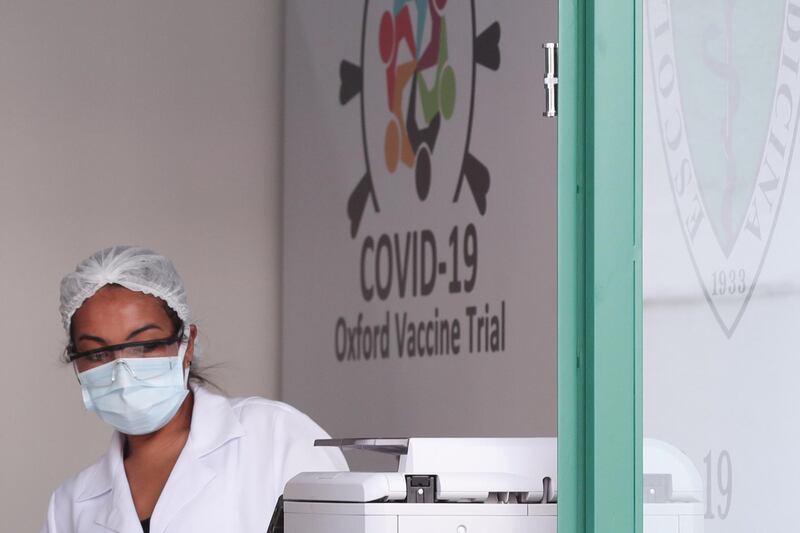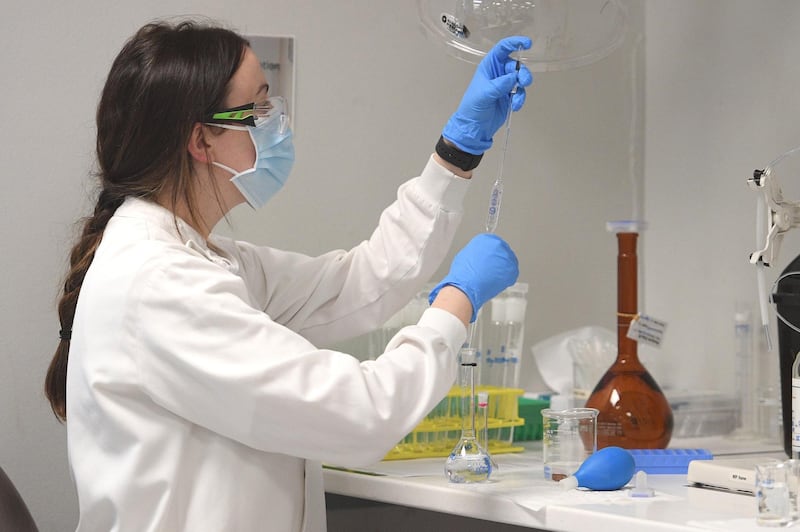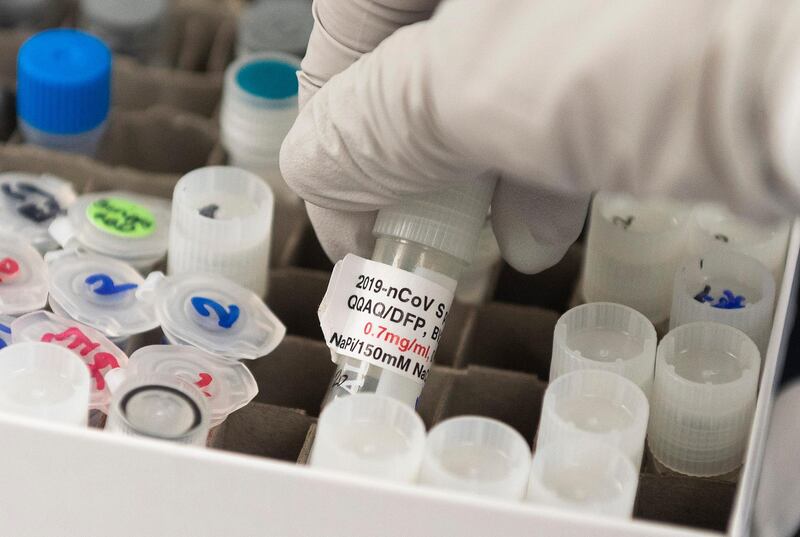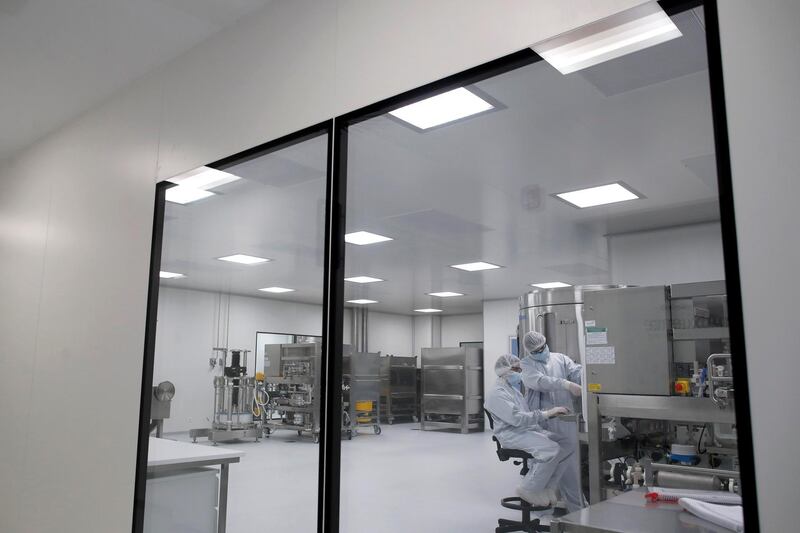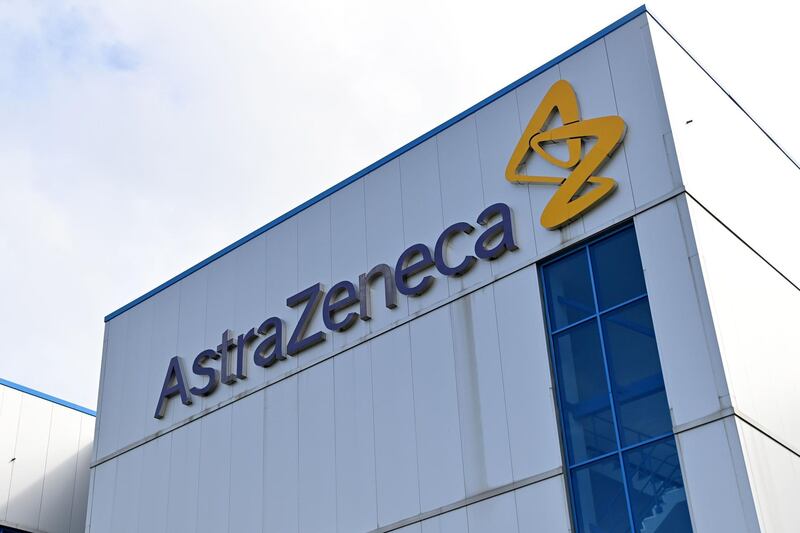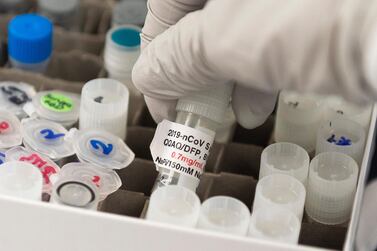Global trials of a potential Covid-19 vaccine have been halted after one recipient fell seriously ill.
The pause has prompted fears of a delay to the roll-out of the vaccine, until now seen as a front-runner – and dented the share price of its manufacturer AstraZeneca.
What just happened?
The vaccine, developed by scientists at University of Oxford and being tested by AstraZeneca, is one of nine currently undergoing so-called Phase 3 trials, which focus on the effectiveness of vaccines in protecting against infection.
Safety is continually monitored and the highly-respected medical website, STAT, has reported that all trials of the vaccine have been halted following a "suspected serious adverse reaction" in a participant in the UK.
This has now been confirmed by AstraZeneca.
AstraZeneca-Oxford Covid-19 vaccine trial paused
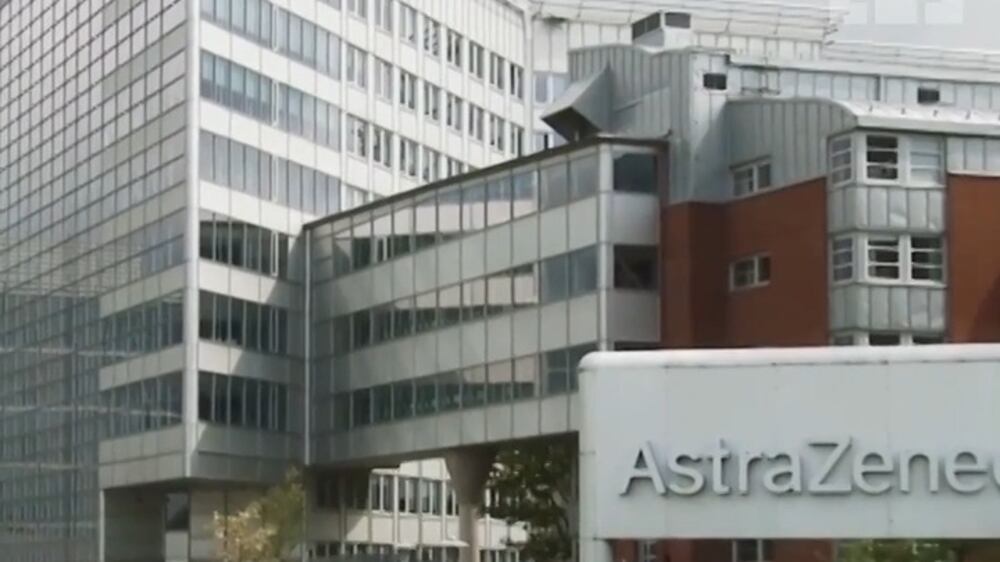
How serious is it?
According to the company, the participant developed “an unexplained illness”, but is reportedly expected to recover. Crucially, it remains unclear whether it is a reaction that might be common among similar patients, some rare side effect or the result of some other unrelated condition.
AstraZeneca has stressed that it voluntarily halted all trials, and has been described as primarily driven by “an abundance of caution”. Many experts view the current pause as evidence the trials are being performed with due diligence, free from commercial or political pressure.
Are vaccine trials often paused?
As vaccines are designed to be taken up by vast numbers of people, trials typically involve many thousands of volunteers in an attempt to detect relatively rare side effects.
The Oxford/AstraZeneca vaccine will ultimately be tested in 50,000 people with diverse racial, ethnic and medical backgrounds.
As such, it’s not uncommon for such trials to be put on pause. It happened a decade ago during trials of the now-widely used HPV vaccine, and has also already happened before with the Oxford/AstraZeneca vaccine.
What happens next?
The details of the incident are being reviewed by an independent trial monitoring team. The investigation will include reviews of reports from all the trials looking for any similar incidents. Once completed, the results will be passed to official regulators for a final decision on whether the trial can restart. This could be announced in a matter of days.
This week, AstraZeneca became one of nine vaccine manufacturers to sign a “historic pledge” under which they will only apply for regulatory approval if their vaccines pass all the standard phases of clinical trials. This sets them apart from rivals in China and Russia, which are rolling out vaccines still listed as under test.
The US Food and Drug Administration has also hinted that it might be willing to expedite vaccine approval. Similar moves on unproven Covid-19 treatments have previously led the FDA having to make embarrassing U-turns.
Could the vaccine still fail?
Yes. Studies of past vaccine trials suggest that only 1 in 3 pass through all the stages of testing to win regulatory approval.
Vaccines having reached Phase 3 do have a higher success rate of around 85 per cent. However, there is no precedent for what is being attempted in the global quest to develop a vaccine against Covid-19.
And even vaccines that do get regulatory approval often have disappointing levels of effectiveness.
